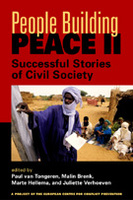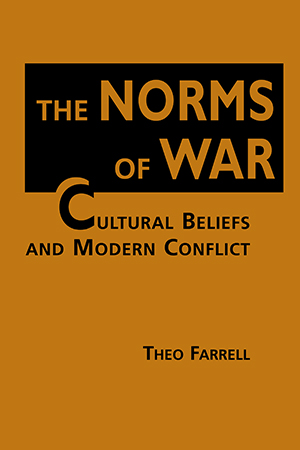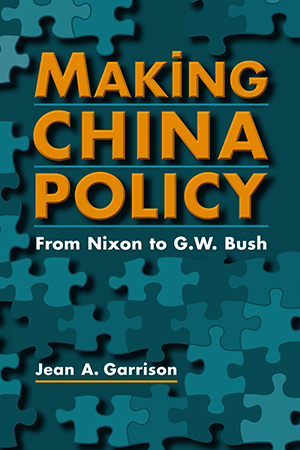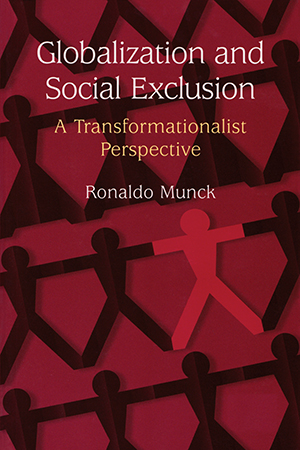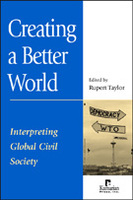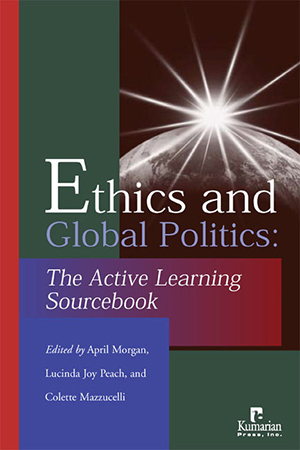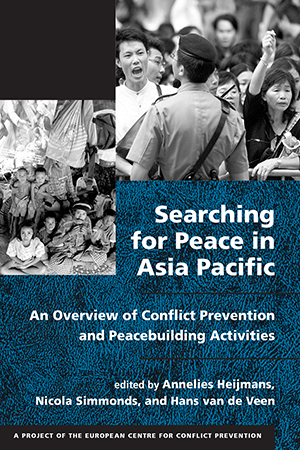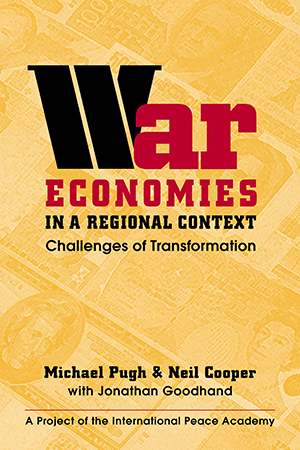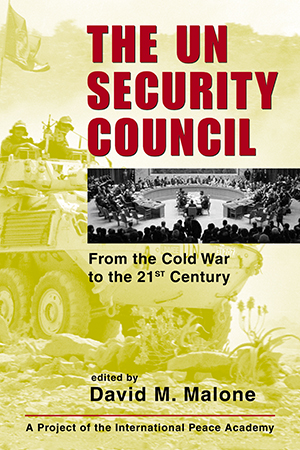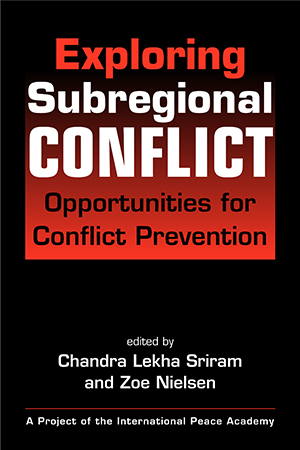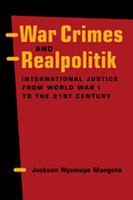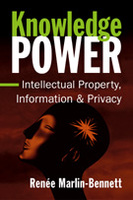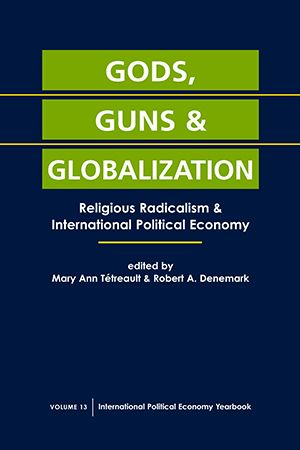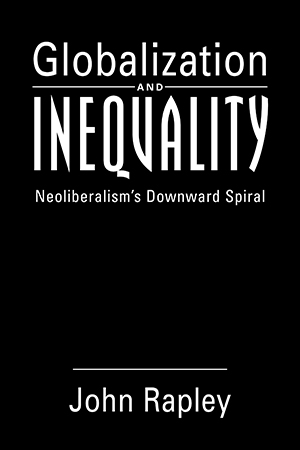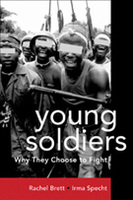International Relations (all books)
Individuals can make a difference working for peace worldwide. That is the message of People Building Peace II, an inspiring collection of stories of how "ordinary" men and women More >
Although the horrors of war are manifest, academic debate is dominated by accounts that reinforce the concept of warfare as a rational project. Seeking to explain this paradox—to More >
What explains the twists and turns in US-China relations since Richard Nixon initiated a policy of engagement in the early 1970s? Addressing this question, Jean Garrison examines the More >
When global economies integrate, what disintegrates as a result? The answer, Ronaldo Munck contends, is social equality. To illustrate how globalization deepens existing inequities, Munck More >
The term "global civil society" has become a catchphrase of our times. But efforts to define and interpret what global civil society actually is have led to ambiguity and dispute. More >
Who should take moral and ethical responsibility for the world's critical issues? What obligations do individuals and multinational corporations have to the rest of the world, and whose More >
Third in an acclaimed series, Searching for Peace in Asia Pacific offers critical background information, up-to-date surveys of the conflicts in the region and a directory of some 400 More >
Confronting the corrosive influence that war economies typically have on the prospects for peace in war-torn societies, this study critically analyzes current policy responses and More >
The nature and scope of UN Security Council decisions—significantly changed in the post-Cold War era—have enormous implications for the conduct of foreign policy. The United More >
The causes of violent conflict, as well as approaches to conflict prevention, have been studied extensively, but only recently has attention been given to the subregional dynamics of More >
From the very early stages in the development of international law, the nature of the state-centric international system has dictated that law play second fiddle to the hard realities of More >
Knowledge Power introduces the interconnected roles of intellectual property, information, and privacy and explores the evolution of the domestic and international rules that govern More >
Is it accurate to equate "fundamentalism" with antimodernism? What explains the growing importance of religious activists in world politics? Guns, Gods, and Globalization explores More >
Has the far-reaching experiment in creating a new world order along neoliberal lines succeeded? John Rapley answers with an emphatic no, contending that the rosy picture painted by More >
They are part of rebel factions, national armies, paramilitaries, and other armed groups and entrenched in some of the most violent conflicts around the globe. They are in some ways still More >


